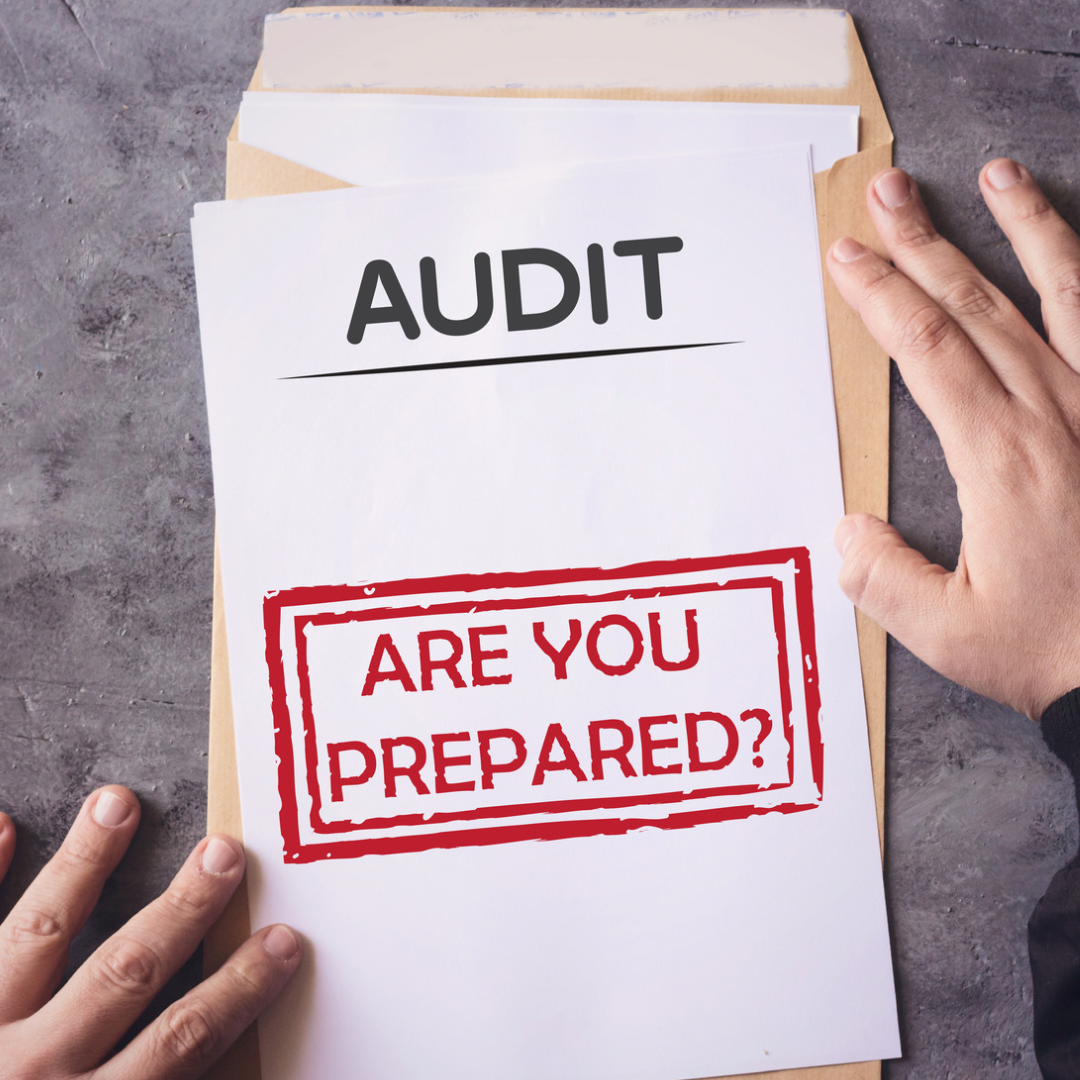Tax season brings with it the possibility of an audit down the line —an event that can stir concern in even the most diligent taxpayers. However, armed with the right knowledge and tools, you can approach an audit with confidence rather than fear. This guide is designed to equip individuals and small business owners with the essential steps to prepare for an audit, ensuring that if the IRS comes knocking, you’ll be ready.
- The Importance of Audit Preparedness: No one expects an audit, but everyone can prepare for one. Proactive audit preparation can save you time, money, and a great deal of stress. Moreover, being prepared can help you avoid penalties, interest, or additional taxes that may result from an auditor finding discrepancies in your financial records.
- Maintaining Organized Financial Records: Organized records are the foundation of audit preparedness. As a rule of thumb, keep all tax-related documents for at least seven years. These include receipts, invoices, bank and credit card statements, and previous tax returns. Use a filing system that works for you—whether it’s a traditional filing cabinet or a digital system with scanned copies. Regularly update and review your records to ensure everything is accounted for.
- Understanding and Documenting Deductions: Tax deductions are a significant aspect of filing returns, but they’re also a common trigger for audits. Know what you can legally deduct, and keep meticulous records to back up each claim. This means keeping receipts, logs for business travel, medical expense records, and documentation for charitable contributions. Being organized in your tracking methods can make all the difference in substantiating your deductions.
- Estimated Taxes and Regular Reviews: For those with non-wage income, such as freelancers or small business owners, paying quarterly estimated taxes is a must. An integral part of this process is periodically reviewing your income and expenses to avoid underpayment or overpayment. Regular financial reviews can also help you adjust your payments throughout the year, which can prevent surprises come tax time.
- Familiarizing Yourself with Taxpayer Rights: Every taxpayer has a set of rights outlined in the Taxpayer Bill of Rights. These rights ensure fair treatment and provide a framework for dealing with the IRS. Understanding these rights can help you navigate the audit process more smoothly and ensure you’re treated justly.
- When to Seek Professional Help: Complex tax situations or the prospect of an audit are compelling reasons to seek out a tax professional. Whether it’s for strategic tax planning or representation during an audit, professional advice can be invaluable. A seasoned tax advisor can offer clarity, represent you in discussions with the IRS, and help you resolve issues efficiently.
Being prepared for a tax audit means you’re organized, informed, and ready to present your financial history accurately and comprehensively. Start early, maintain diligent records, and don’t hesitate to seek professional guidance. With these practices in place, you can approach tax season and any potential audits with confidence.
